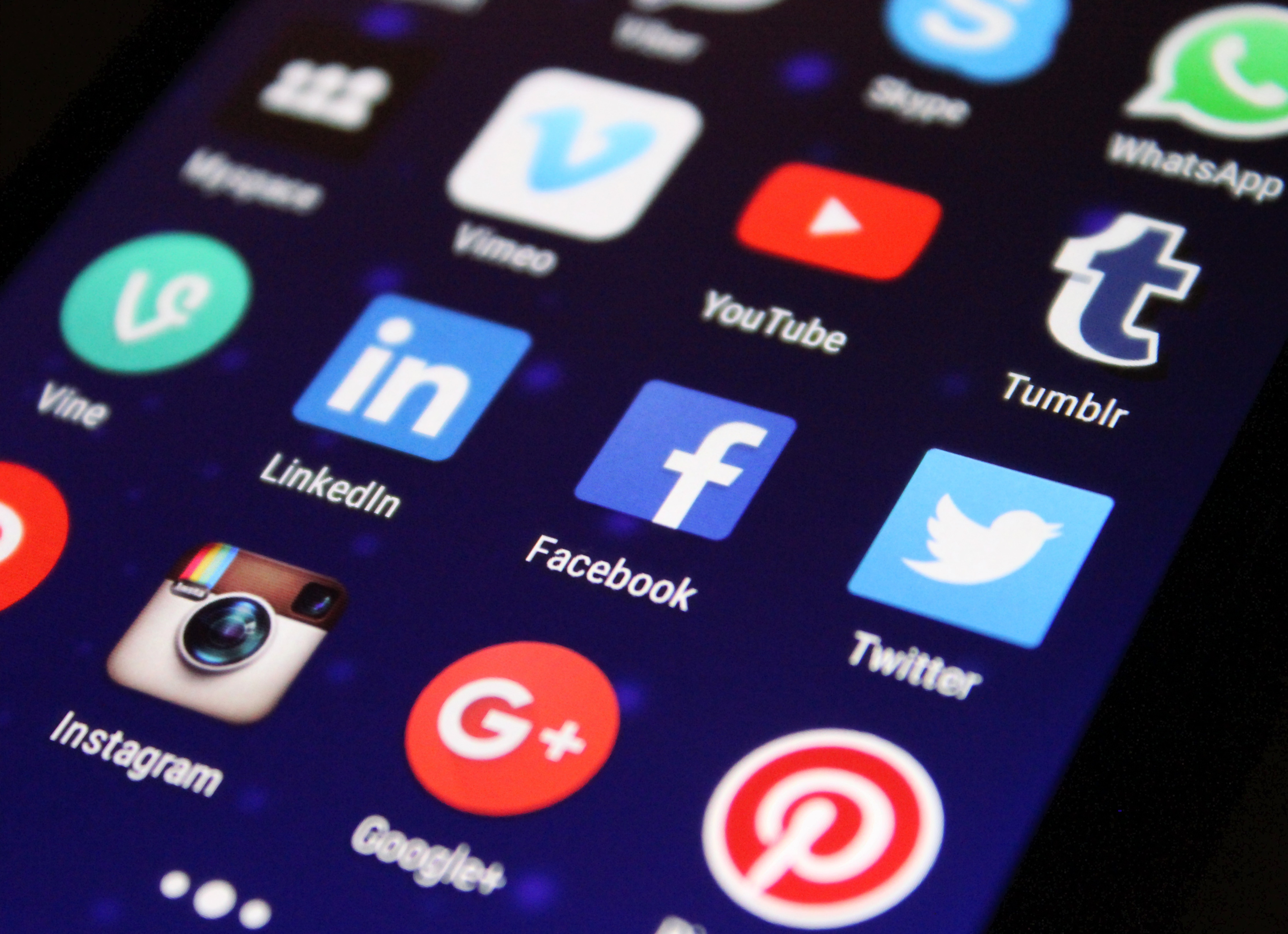Surveillance cameras from BANNED Chinese tech company allegedly installed in 50 Quebec cities and public facilities
01/04/2024 / By Zoey Sky
Surveillance cameras manufactured by Hikvision, a sanctioned Chinese tech company, are allegedly installed in 50 Quebec cities and public facilities.
The Canadian Security Intelligence Service (CSIS) has issued warnings about the potential national security risks posed by Hikvision’s surveillance systems.
A Dec. 19 article published in Le Journal de Montreal revealed warnings from CSIS about Hikvision cameras. In a document the outlet obtained dated November 2, 2022, CSIS warned that Hikvision cameras could potentially be used for espionage activities throughout Canada.
A portion of the document was included in the published article. The document, which was in French and titled “CSIS Security Alert,” said that “Chinese company Hangzhou Hikvision Digital Technology Co. Ltd poses a threat to Canada’s national security because it and its products could serve as an intelligence collection platform at home and abroad.”
In a CSIS security alert, CSIS cited reports dating back to as early as 2020 that the U.S. Department of Defense (DOD) had issued a warning about Hikvision being owned and operated by the People’s Liberation Army of the People’s Republic of China (PRC).
In an annual report to Congress, the DOD emphasized China’s ongoing efforts to boost its defense capabilities by integrating military and civilian technologies and seeking global leadership in certain areas like artificial intelligence (AI).
Additionally, the report identified Hikvision as one of several “AI champions” from China that has been exporting AI surveillance technology worldwide.
Hikvision did not immediately respond to a request for comment. (Related: Data privacy concerns raised as analysis finds China-based developers were responsible for TikTok’s code.)
CSIS shares security alert to raise awareness about Hikvision
To raise awareness about Hikvision, CSIS has shared the security alert detailing numerous security flaws in the company’s cameras with its partners, including Quebec’s Ministry of Digital Cybersecurity.
The CSIS document stated that “smart city” systems across the globe are using Hikvision’s facial recognition technologies, which the PRC can use “to carry out espionage activities abroad.”
The agency also warned that Hikvision’s products have security flaws that make them extremely vulnerable. These, along with gaps in privacy controls, will “allow the PRC to intercept private data remotely.”
In another article published on Dec. 18, Le Journal de Montréal reported that at least 50 Quebec organizations have installed Hikvision cameras. This includes the City of Montreal, Hydro-Quebec (which generates, transmits and distributes electricity), Quebec’s Ministry of Transport and many schools, health and social services centers and senior homes.
However, despite warnings from CSIS, the Quebec transport ministry purchased 4,000 Hikvision cameras in 2022 specifically for video conferences for its officials.
The City of Montreal also didn’t immediately reply to a request for comment.
Hikvision facing sanctions over security concerns and links to human rights abuses
Hikvision, which is headquartered in Hangzhou City, Zhejiang Province, is facing sanctions over security concerns and reported links to the Chinese regime’s human rights abuses, including the control and suppression of ethnic minorities in China.
In November 2022, the U.S. Federal Communications Commission extended its ban on the sale and import of Chinese technology from firms that are considered a threat to U.S. national security. The move imposed additional restrictions on Hikvision and other Chinese tech companies like Huawei and ZTE.
The British government also took action in November, banning the installation of new surveillance equipment from China at sensitive government sites. The decision was made more than a year after the U.K. Ministry of Defense reportedly released guidance against the use or installation of Hikvision cameras.
In March 2023, the U.S. government announced additional sanctions on five Chinese tech companies that were alleged to be subsidiaries established by Hikvision, as indicated in a 2019 document from the company.
The sanctions were passed because of their presumed participation in the repression of the Uyghur minority in China’s Xinjiang region. Media reports have suggested that, at the time of the sanction, at least four of these companies were subsidiaries of Hikvision.
The CSIS document also discussed the links between Hikvision and Beijing’s repression of Uyghur minorities.
According to CSIS, Hikvision’s security equipment was used to closely monitor public places and concentration camps in the Chinese region, as well as to provide in-depth analysis.
CSIS also said that Hikvision isn’t a passive supplier because the company “is responsible for organizing, implementing and directly managing surveillance projects in Xinjiang, at least until 2040.”
A December 2022 report from Internet Protocol Video Market (IPVM), a Pennsylvania-based video surveillance information company, about Hikvision has also sparked concerns because the company was allegedly tracking protesters and adherents of Falun Gong.
According to the IPVM report, Hikvision has initiated alarms to track protesters, Falun Gong practitioners and “religion,” alongside offenses like drug use, gambling, kidnapping, homicide and rape. IPVM also reported that Hikvision had deleted these references from the company’s website following its inquiry.
Watch the video below to learn more about surveillance in China.
This video is from the Channel News channel on Brighteon.com.
More related stories:
Big Brother Biden surveils conservatives and puts them on a secret government watchlist.
Canada passes controversial bill regulating online streaming and compelling local content.
U.S. warns China about plans to increase military drills in South China Sea region.
Sources include:
Media.Defense.gov [PDF]
Submit a correction >>
Tagged Under:
big government, Big Tech, Canada, China, computing, conspiracy, cyber war, Dangerous, data privacy, deception, Glitch, information technology, insanity, national security, People's Liberation Army, privacy watch, spy gate, surveillance, tech giants, technocrats
This article may contain statements that reflect the opinion of the author
RECENT NEWS & ARTICLES
COPYRIGHT © 2017 COMPUTING NEWS




















